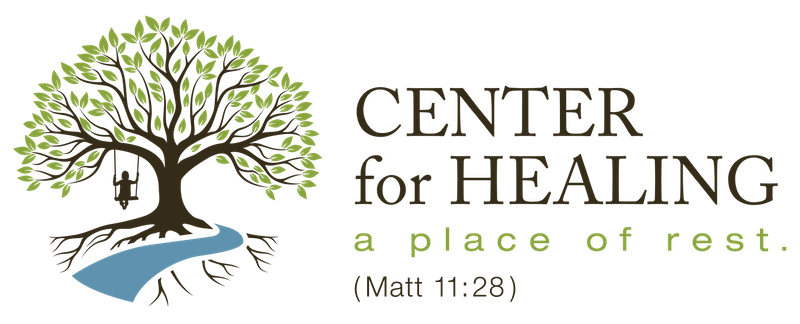
In Andrew Bauman’s piece, How to Truly Apologize: Action as the Repair of an Apology, he poses two important questions. “How do we apologize for being an ass and truly begin to repair what he has broken? How can we change and being to make amends for lost trust?” He offers four ideas.
Action is the repair of an apology.
Action requires humility.
Action requires courage.
Action with integrity.
A sincere apology is much more than the words we say, although that’s a good start. Our apologies need to be specific and not general. Compare these two examples. “I’m really sorry for speaking to you with such harshness; I was out of line. I realize what I said was hurtful. I’d like to ask you for your forgiveness” Here’s the other example. “I’m sorry for what I said. We can all fly of the handle sometimes.” The second example is devoid of anything specific and even defends the behavior.
A sincere apology is a good start and just the beginning of the healing and reparative process. Many of my clients have said things like “I’ve been trying to do better”, or “I’m working on it.” When I ask them how they’re working on it, I’m usually met with a look of confusion. This is completely understandable. Until we’re confronted with it, most of us aren’t sure what the work of healing and repair look like.
The work that leads to healing and allows the relationship to flourish can take several forms and it’s often multifaceted. It’s not merely an act of the will [“I just won’t lose my temper anymore.”]; it’s having the courage to learn and practice different skills. Many of my clients tell me that they’ve noticed a pattern of losing their temper despite wanting to break that pattern. I can certainly relate to this. One thing that I’ve found helpful is a daily mindfulness practice. Mindfulness is a way to train ourselves to stay focused and attentive in the present moment. This also increases our capacity to simply slow down so we can respond instead of reacting with anger. Practicing mindfulness has helped me become much more aware of what I’m feeling and given me the tools to be thoughtful and reflective and less reactive.
Doing this work can also look like checking in with a handful of trusted friends when you’re feeling any level of emotional distress. This requires some courage and humility as well as the willingness to be honest with what we're feeling. Once I got into the habit of checking in, not only was this a healthier way of tending to my emotions, I noticed that the behaviors for which I was apologizing began to decrease.
Another way to take action after an apology is making a list of your triggers. When we’re triggered or emotionally activated it’s not our fault nor the other person’s. However, we are fully responsible for how we respond when we’re triggered. A practical way to take ownership of our triggers is to write them down and try to connect memories and emotions to them. When we’re aware of past memories that elicit painful feelings when we’re triggered, we can begin to say out loud what we’re experiencing instead of reacting out of self-protective anger.
When my clients do the work of taking action after they apologize, not only to they experience their own personal growth and healing, they come to notice the healing and repair in their relationships with others. As a final work for encouragement, while doing this work can sometimes hurt, the difficulty and effort far outweigh the pain of fractured relationships.



